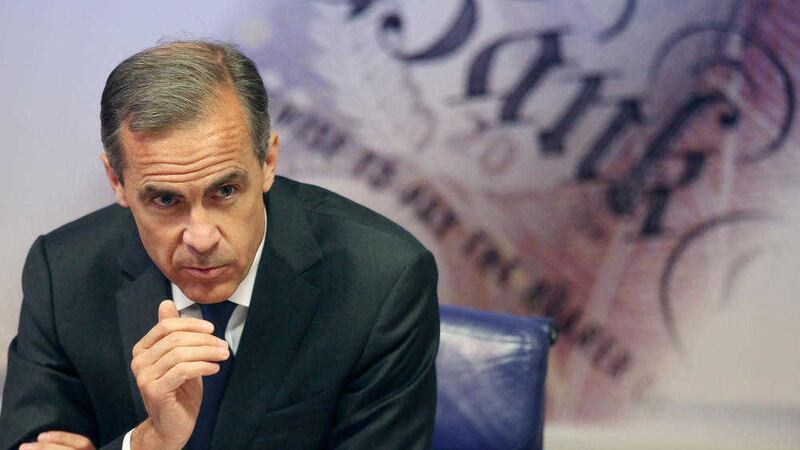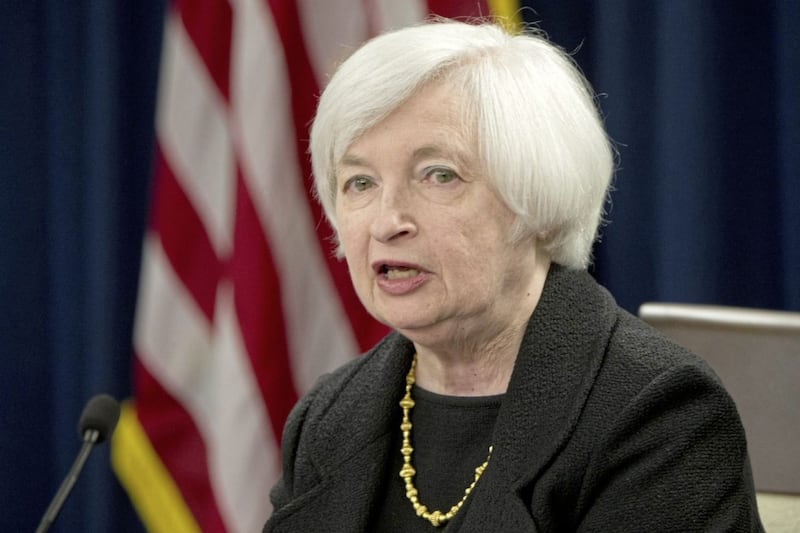LAST week’s meeting of the Bank of England Monetary Policy Committee (MPC) concluded in line with market expectations with no changes to policy. For a second consecutive month, the decision to leave rates unchanged was unanimous, with all members of the committee of the view that “maintaining the current stance of policy was appropriate”.
While inflation in the UK has ticked up recently, it remains well below the 2 per cent inflation target. Of particular concern is that “core inflation also remains subdued” due to a combination of past sterling strength, weak global inflation and limited domestic cost growth.
The MPC’s assessment of the global economic outlook at last week’s meeting is that the risks to its central projection of “only modest global growth lie to the downside”. At the same time, on the domestic front, the issue of Brexit seems to have been a key talking point this month. The meeting statement asserts that “there appears to be increased uncertainty surrounding the forthcoming referendum”.
The MPC commented that this uncertainty is likely to have “been a significant driver of the decline in sterling” and it could also “delay some spending decisions and depress growth of aggregate demand in the near term”. Despite this though, the MPC judges that the “outlook for domestic activity to be little changed” since the February quarterly inflation report.
Overall, the March meeting statement/minutes continue to suggest that the bank is still some way off from starting to hike UK interest rates. There remains a “spread of views” among members on the inflation outlook, especially in relation to how “wages would respond to the past declines in unemployment and the prospective increase in inflation”.
In terms of market expectations, futures contracts do not envisage a UK rate hike materialising until the second half of 2018. There is only one rate hike priced in for 2018, which would bring the UK base rate up to just 0.75 per cent by the end of 2018.
However, given that the central bank repeated its stance that “it is more likely than not that the UK base rate will need to increase over the forecast period”, the financial markets may be too dovish with these UK rate hike expectations. With the unemployment rate already down near 5 per cent, we could see the MPC hiking interest rates next year if the UK economy continues to grow solidly, the downside influence on prices from commodity markets ease, and domestic cost pressures start to help push inflation up closer to the MPC’s inflation target.
Overall, solid employment growth, weak inflation, real wage growth, an improved eurozone economy and low interest rates all suggest that the UK economy should continue to grow at a reasonable pace this year. It still faces some headwinds from on-going fiscal tightening, uncertainty regarding the upcoming EU referendum and the negative drag on trade from a stronger sterling, as well as slower growth in emerging economies. GDP growth may average around 2 per cent or slightly below in 2016.
In the UK, there is a busy data schedule for the remainder of the week. Today’s CPI inflation data for February is an important release. Weakness in commodity prices, as well as lack of significant domestic cost pressures, mean that inflation looks set to remain close to 0 per cent. On the plus side, this could help to support the key consumer side of the UK economy. Retail sales data for February are due on Thursday. Sales may fall in the month following strong increases in January and the final quarter of last year. Public finances for February will also be of interest in the aftermath of last week’s Budget.







